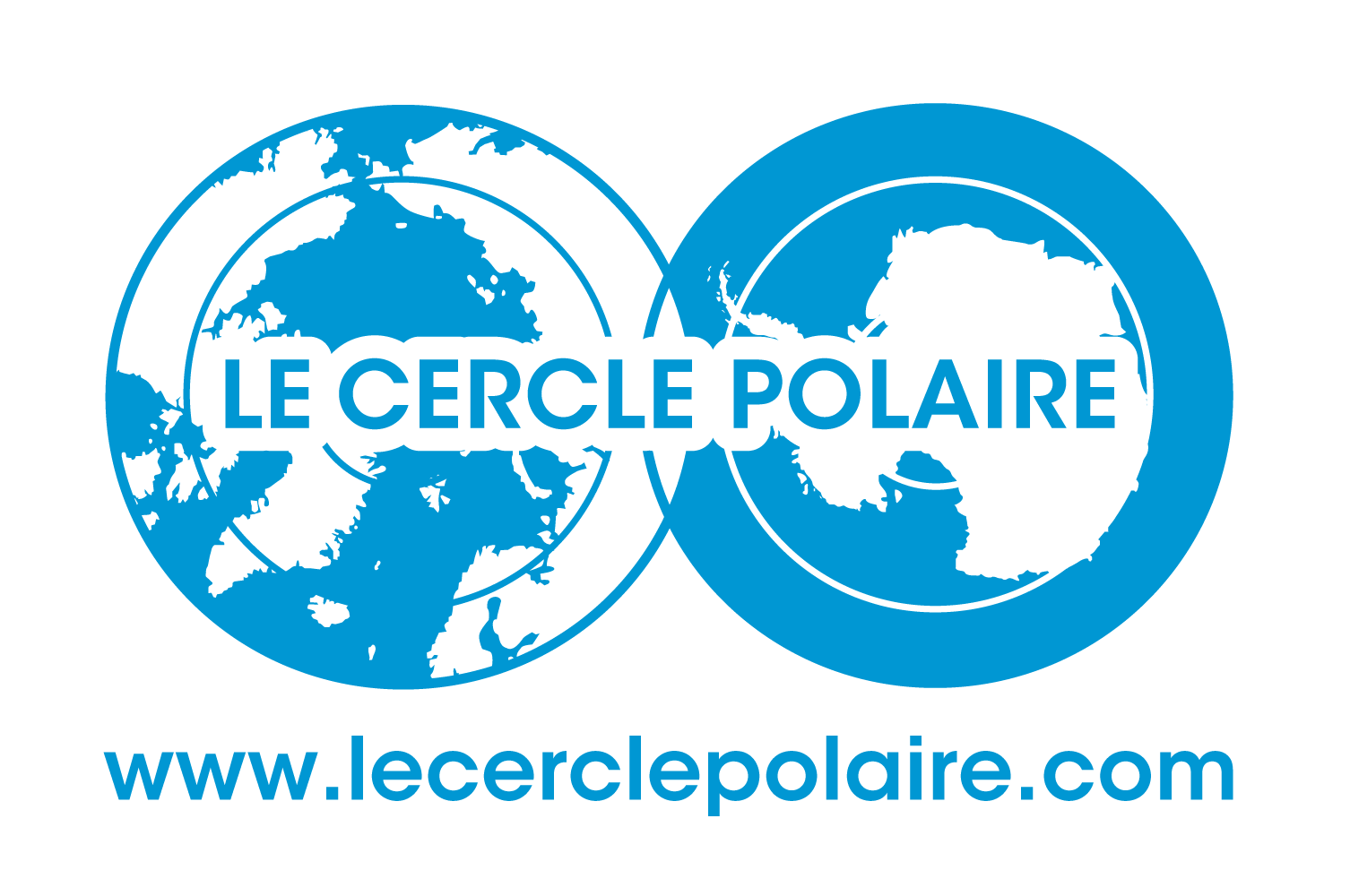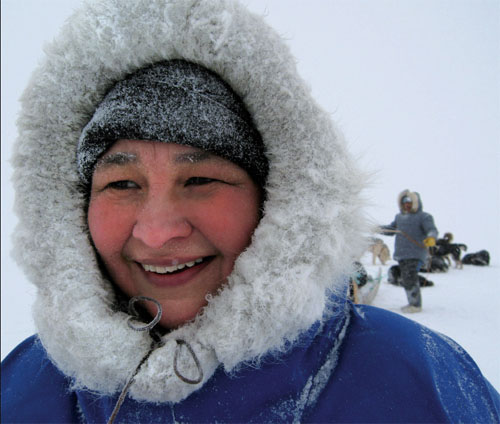![]() Lene Kielsen Holm
Lene Kielsen Holm
Researcher • Greenland
“All over Greenland, fishermen and hunters are facing global warming in their everyday lives”
Lene Kielsen Holm received the 2008 Woman of Discovery Award for her research on the Inuit adapting their lives to fit their harsh climate. She is a native of Greenland, and member of the Inuit Circumpolar Council (ICC), a Permanent Participant in the Arctic Council. Since 2005 she has been working on the Sila-Inuk project, collecting eye witness accounts of the effects of climate change from seal hunters and fishermen.
I was born and raised in Qaqortoq, South Greenland. In my young days I went to school in Denmark. There I discovered that I knew too little about the history and cultural background of my own people, the Inuit of the Arctic. I started reading a lot of the literature written from the many expeditions that have been conducted in Greenland and the other Inuit countries in Alaska and Canada. That was when my personal interest of the history and culture of my own people arose. Since then I have tried to elaborate my knowledge by studying our culture and history at the University of Greenland. Thanks to my educational background I have been able to study how to make a living in the harsh environment of my people. I have been on field trips interviewing fishermen and hunters on their knowledge of their environment. In 2003, I started working at the Inuit Circumpolar Council in Greenland on environmental issues and sustainable development. In 2006 we started a project called Sila-Inuk, The Weather and the Human. This project has taken us across Greenland to interview hunters and fishermen, to collect their observations on the impacts of climate change. With the changes that the ongoing warming of the planet is bringing, especially to the Arctic, we inevitably will have to adapt to a new situation. Change has to be faced properly in terms of making use of the resources that exist in the Arctic – both living and non-living ones. The living resources, which always have been and still are the basic resources here, are changing. This change means that our environmental knowledge which has been handed down to us from our ancestors is at stake. The same goes for the non-living resources. The new possibilities of exploiting oil and gas available because of the breaking-up of sea ice must be given thorough consideration, as we do not know the impact it may have on our environment and our culture. All of us have the opportunity to lessen the pollution of our environment and all of us are responsible for giving a healthy environment to the generations to come.

